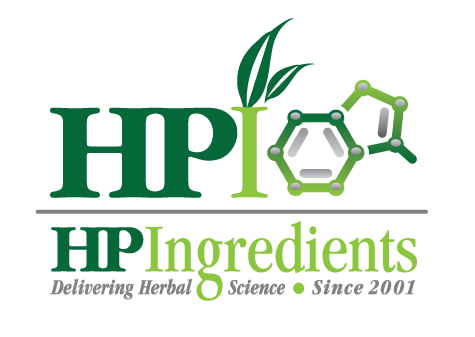The legendary physicist Dr. Alfred Einstein has become the face of “genius IQ.” There is a club, Mensa, for those people with very high IQs – above 140. But IQ doesn’t have to define you, you can boost your cognitive and mental performance by making some good – and easy — lifestyle changes.
IQ stands for intelligence quotient, which reveals a person’s cognitive ability. IQ tests such as the Wecshler Adult Intelligence Scale and the Wechsler Intelligence Scaler for Children, as well as the Stanford-Binet tests have evolved since their inception, but in general, most of the population falls between 90 and 110. IQ tests measure one’s ability to problem solve and specific abilities, such as reasoning, perceiving relationships between concepts and things, and storing and retrieving information.
IQ tests do not measure knowledge, but instead measure ability to understand concepts. (Beware – online IQ tests vary widely and will likely not give you an authentic score; IQ tests are lengthy and are administered by psychiatrists.)
Change how you do things. For example, if you are a lefty, use your right hand to brush your teeth or spoon your soup. Take a few moments per day to handwrite a note with your opposite hand. Change your routine slightly – if you run or bike a certain route, change it. By turning off your “autopilot” your brain is working harder, and is now forming new connections.
Read and do puzzles. In a similar way, engaging your brain to learn will keep your intelligence “streaming.” But do not just memorize – you need to apply what you learn. For example, if you are reading a news story, test yourself. If you learn a new word, immediately use it in a sentence several times and tell people about it. Doing puzzles is not only fun but is a way of application. Like your muscles, if you don’t use it, you lose it.
Exercise. Yes, this appears in just about every article aimed at enhancing something about health and wellness. But engaging in regular exercise can boost mental performance. Several epidemiological studies have strongly linked exercise to the ability to enjoy enduring peak mental performance.
Meditation: This calming activity has been shown to improve general brain function and cognition. Meditation is not just being quiet. To gain the benefits sit quietly with your eyes closed, and focus on the repetition of a phrase (“mantra”). This concentration meditation enhances neuroplasticity, or the ability of the brain’s abilities to strengthen through activities such as meditation. Findings of one 2012 study showed that the corpus collosum (the bridge between the two hemispheres of the brain) were thicker and stronger in those who meditated than those who didn’t.
Supplements. Beyond the well-known and widely studied brain benefits of omega 3 EFAs (DHA and EPA from fish), there’s a new supplement to focus on: Quantum IQ™ — a patented extract of Polygonum minus standardized to 0.5% quercetin 3-glucoronide, 0.25% quercitrin, and 15% phenols. These actives are clinically proven to improve cognitive function. One study where participants took 150 mg of P. minus showed significant improvement in Cognitive Function Score in reaction time, working memory, and sustained attention. In tandem, they also showed a significant reduction in tension, depression, and anger in profile of mood states (POMS) survey. In another study, those taking 250 mg of P. minus showed significantly improved short term memory, Wechsler Abbreviated Scale of Intelligence (WASI) for IQ verbal and Full Scale IQ of WASI. Further, the supplement group also experienced reductions in anger, total mood disturbance, tension, lack of energy/fatigue and social functioning.
Another sophisticated supplement is NeuroActin®, a patent-pending standardized extract of Andrographic paniculata, standardized to andrographolide, 140deoxyandrographolide, and neoandrographolide. In vitro and mouse studies have shown it improve learning and memory by: activating canonical and non-canonical Wnt signaling, inhibiting GSK-3beta, reducing tau hyperphosphorylation, stimulating neurogenesis and inducing post-synaptic proteins and synaptic function (LTP). This is important – as optimal memory function greatly enhances other cognitive activity.


